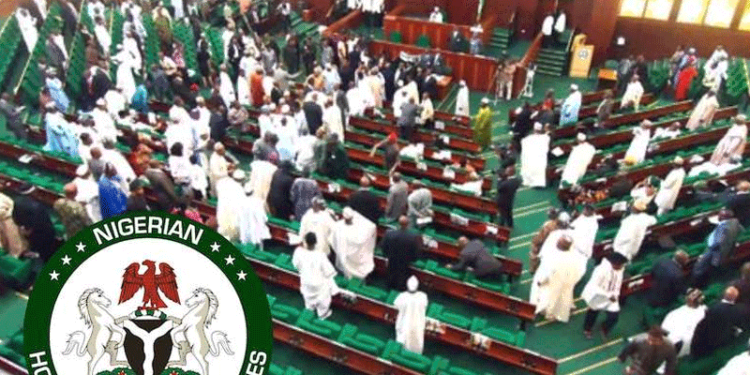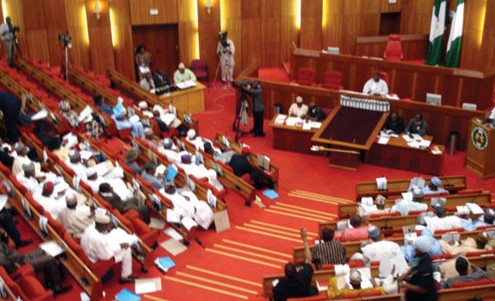Eligible Nigerians who fail to vote in future elections in Nigeria may find themselves spending six months in prison or pay a fine of N100, 000, as the bill to that effect has passed second reading at the green chambers.
The bill, which is sponsored by Tajudeen Abbas, speaker of the house, passed the second reading stage after an extensive debate on Thursday.
But some Nigerians have expressed misgivings on the bill, insisting that the parliament should first legislate for credible and fair elections in the country.
According to them, when elections are not only free and fair, but seen to be so, Nigerians would naturally exercise their civic responsibilities.
This, according to them, should include ensuring that all Nigerians are equally before the law
“Our parliamentarian shoukd embark on legislations that would make our votes to count, because, what is in the sense of compeling Citizens to vote, when in actual sense, their votes would not count,” says an analyst.
According to another concerned Nigerian, “in situations where election issues are resolved by the courts and not at the ballot box, and even at that, judicial resolutions leave sour tastes with the voters, leaves much to be desired.”
But, the bill, which is titled ‘Bill for an Act to Amend the Electoral Act 2022 to make it mandatory for all Nigerians of majority age to vote in all National and State Elections and for Related Matters’ would make it compulsory for all eligible voters to perform these responsibilities even, in the absence of enabling legislations
It prescribes a maximum of six months imprisonment or fine of not more than N100, 000 for any Nigerian of voting age who fails to vote during elections.
Currently, the legal framework governing elections in Nigeria is clearly defined in the 1999 Constitution (as amended) and the Electoral Act, 2022.
The constitution grants every Nigerian citizen who has attained the age of 18 the right to vote. However, it stops short of making voting a mandatory civic duty. This might not necessarily be an error on the part of the framers of the constitution.
The Electoral Act, on its part, outlines the procedures and regulations for conducting elections but does not impose penalties on citizens who choose not to participate in the electoral process. This might not necessarily be an oversight either.












